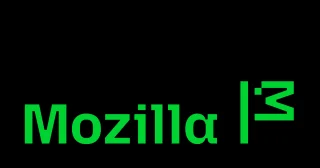The Web is the most important communication system in the world today and is an essential part of the daily lives of many. The Web gets many things right — hence its wild success — but is nonetheless imperfect. Our objective is to preserve what is good about the Web while improving what is less good and fixing what is actively harmful.
Gute, wichtige Punkte, die Mozilla hier als Executive Summary und hier als umfassendes Dokument auflistet.
Spannend ist vor allem dieser Punkt, der in Browsern seit jeher sträflich vernachlässigt wird (wenn sie damit Firefox und nicht MDN meinen):
Make it easy for anyone to publish on the Web: While early websites were relatively simple and easy to build, the demands of performance and high production values have made the Web increasingly daunting to work with. Our strategy is to categorize development techniques into increasing tiers of complexity, and then work to eliminate the usability gaps that push people up the ladder towards more complex approaches.
WorldWideWeb, der erste, von Tim Berners-Lee entwickelte Browser fungierte beispielsweise auch direkt als WYSIWYG-Editor, der das Verlinken und Annotieren von Web-Dokumenten ermöglichte. Was wir heute als Browser kennen, sind eigentlich so genannte „passive browser“. Wenn sich das mithilfe von Web-2.0-Features (z.B. halböffentliche Leseliste als von Mozilla betriebener Webservice a.k.a. Pocket) oder – Gott bewahre – mit Web3-Technologien, wäre das eine willkommene Weiter- und Gegenentwicklung zur oftmals so passiven Rezeption von heute.


@eay „Gott bewahre – mit Web3-Technologien“. Ich weiß worauf du hinaus willst, aber dezentrale Webseiten die vielleicht nur lokal auf deinem Rechner gehostet sind, wären doch ganz nett.